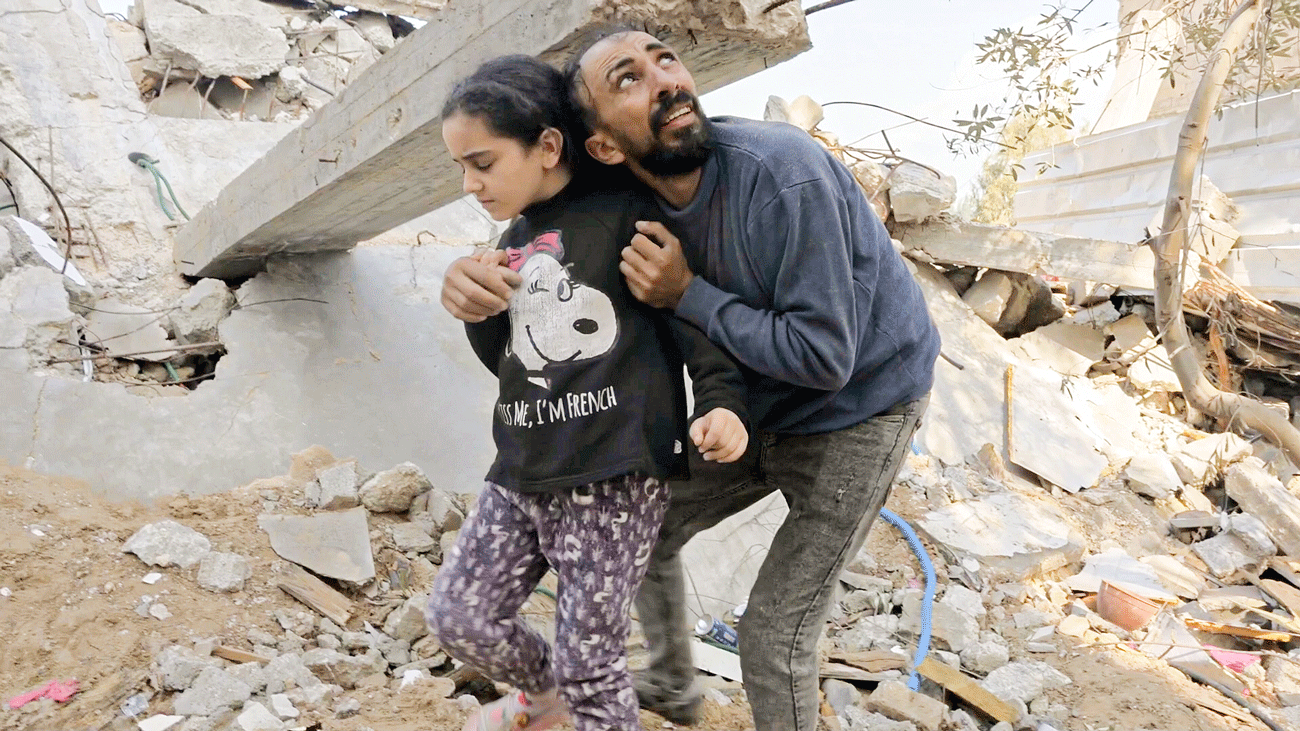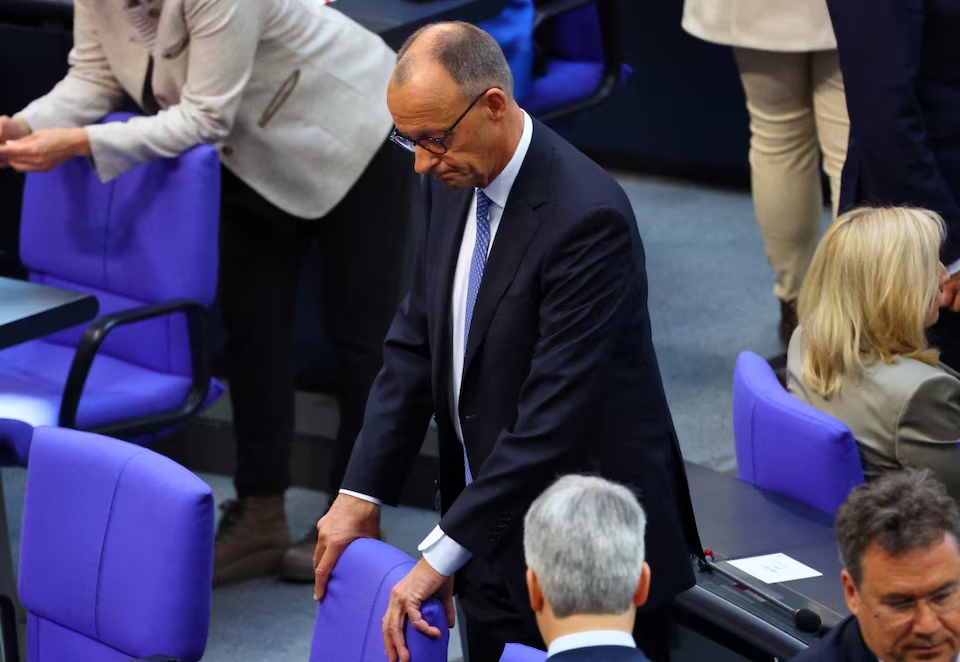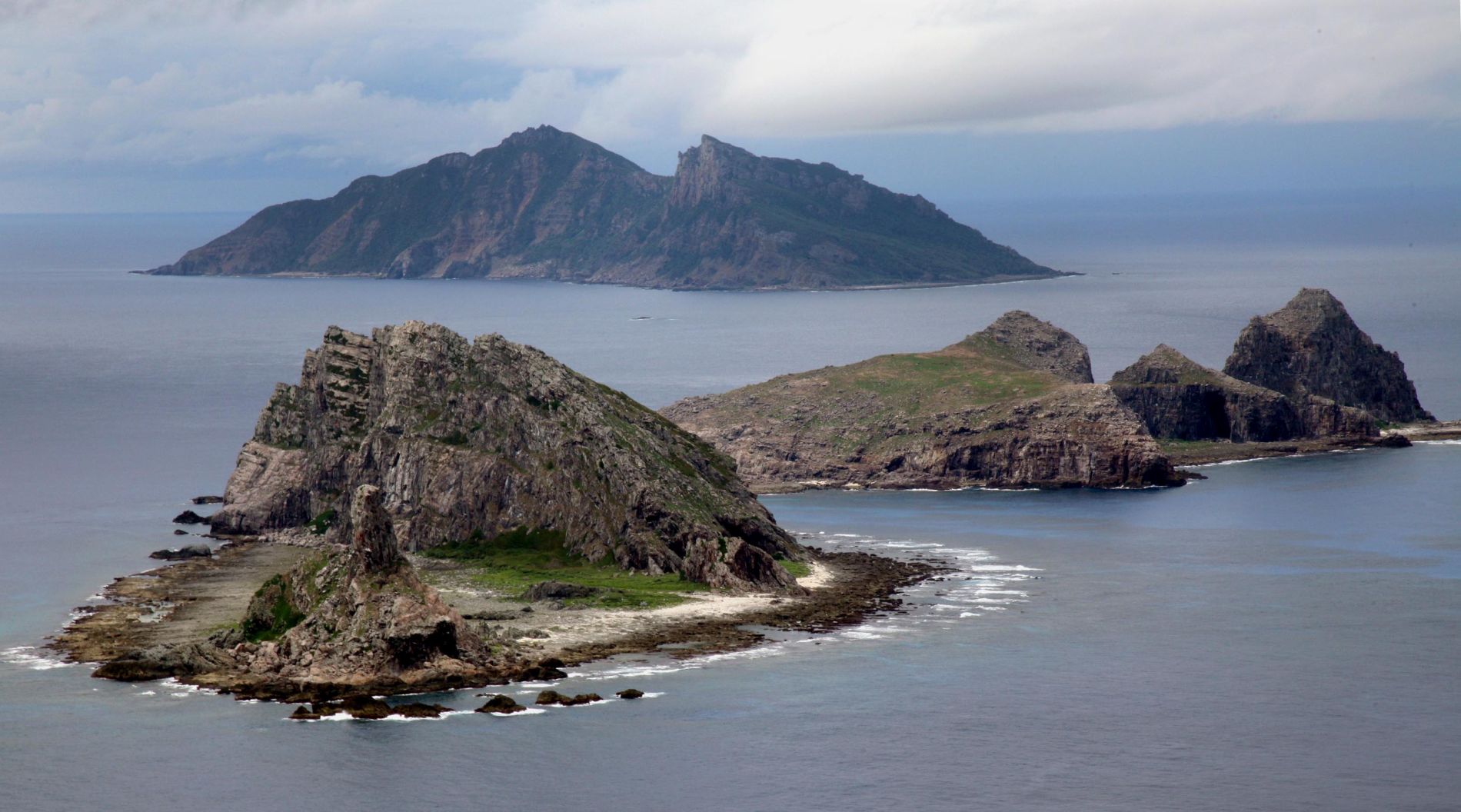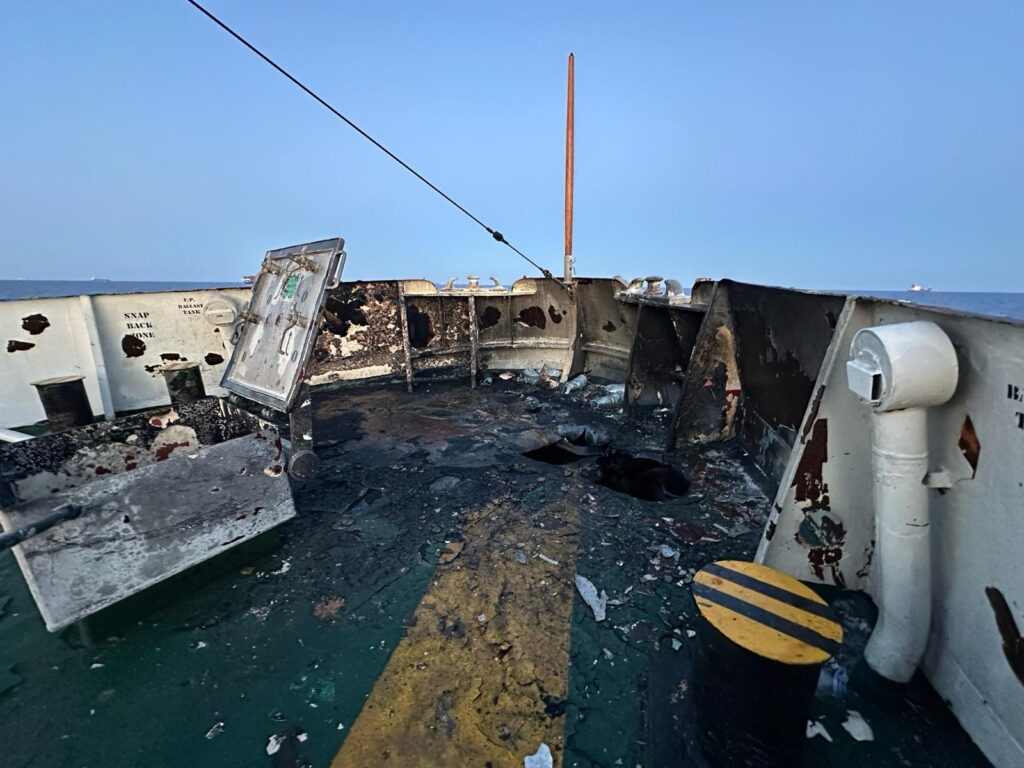Why have Fabius and Hollande ventured into dealing with Iran?
- On the night of 9 to 10 November in Geneva, the United States, France, Great Britain, Germany and China (5+1) reached a consensus in the negotiations to prevent the proliferation of nuclear weapons with Iran. France made it impossible. On day 20, they'll try again. Peace and war in the Middle East are at stake.
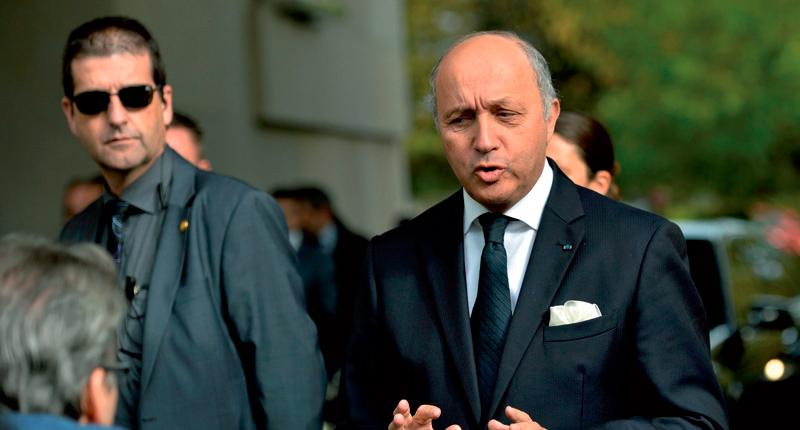
The world is playing a lot in the Geneva negotiations. On the table is Iran's stubbornness for nuclear power, but that is joined by Israel's military superiority, the war in Syria, the force of the Gulf Islamist oil monarchies, Iraq's own oil ...
Pierre Haski has titled his analysis in Rue89, the branch of Le Nouvel Obsesrvateur from the well-known Social Democratic publishing line, entitled “Pourquoi Laurent Fabius a torpillé l’accord de Genève avec l’Iran”. In other words, a pact matured to the point of signing that the former Socialist Prime Minister, Laurent Fabius, and current French Foreign Minister, plunged it into torpedo.
The world has been surprised that the United States and its main enemy in recent decades, the Islamic Republic of Iran, have been precisely France that has helped to restore relations. But not by Nicolas Sarkozy but by François Hollande, veteran Laurent Fabius.
Fabius has argued that what was taken to Geneva was a “bad deal” and a “terrible straitjacket”, that is, in favour of the Iranians. The journalist, a French diplomat, has been told by a French diplomat that none of this treatment prevented Iran from making progress on its military nuclear programme, and that, without guaranteeing it, it would give a period of six months to alleviate the harshness of the economic blockade suffered by the Iranians.
The newspaper Le Monde, faithful guardian of the interests of the French republic, published an editorial the day after the defeat: "Is France an obstacle to negotiation? Reading too easy. On the contrary, it is dedicated to monitoring the rules to prevent the proliferation of nuclear weapons. It gives the impression that he faces the Obama team that is going too fast. France is convinced that before Iran is reassured, the economic pressure that has forced it to sit at the negotiating table, it must obtain guarantees that make it impossible for Iran to produce an atomic bomb. (...) France already has a last saved letter: The sanctions imposed on Iran cannot be broken without all Europeans agreeing.”
Has the role of Obama and Hollande, a black yanki, a good policeman, a French Social Democrat, a bad gendarme been represented in Geneva? That impression is not given by those who have filtered through the negotiating environment.
Alain Gresh, who closely tracks Middle East messages, has hung some of Twitter’s most illustrative tweets on her blog at Le Monde Diplomatique. Swedish Foreign Minister Carl Bildt: "It seems that in Geneva the toughest debates have not been with Iran, but with the rest of the Western group. It's not good." The director of the National Iranian American Council of Iranians Exiled to the United States: “Fabius turns life into hell for Kerry (...). The consensus became apparent until the French threw a grenade. It has taken an entire day to repair the damage.”
Attention to 20 November
What is France doing in recent months? This one from Geneva is not the first. The pact was drawn up and achieved with the Russian initiative to control Syria’s chemical weapons, which, as time has shown, has brought the conflict closer to the negotiating path.
Alain Gresh compared Lorent Fabius's attitude to this loss of opportunity and Dominique de Villepin's speech against the war in 2003, at the beginning of the war against Iraq, to the UN. Since then, Nicolas Sarkozy, not on his own, but for the geopolitical interests of the main powers of the French State, changed the tone of diplomacy. François Hollande has not changed that, but has increased. France’s foreign policy for many experts is today close to the most right-wing in the United States of America. Agur De Gaulle grandeur ametsak!
Netanyahu has not concealed anything: “Israel is not affected by that agreement,” “Iran is going to do the best business in its history in exchange for nothing for it,” “Better not to have a pact than a bad pact,” “if sanctions are removed from Iran, it will be very difficult to put it back on.”… And, after all, a unilateral threat: "Israel will not allow Iran to have atomic weapons, because no one has them. Point”.
Many experts say, including the English Wikipedia, which measures Israel's accounts very carefully, that Israel has 200 atomic bombs on the ground. Since the 1950s, Israel has forged the atom with the help, initially, of the French industry and military. If it is a scandalous curiosity that the bomb-holding curiosity prevents the negotiations with the neighbour who wants the bombs from being blocked, it is even rarer: Iran is reproached that it does not give international observers sufficient freedom to explore its own nuclear pots, and Israel, which has bombs, cannot be sent any observers... because it has never signed a pact to increase atomic weapons, unlike Iran.
After the defeat of 9 November, what will the representatives of the 5+1 powers try to negotiate with Iran until 20 November? Iran says it enriches uranium by 3.5% for the Boumenor power plant and by 20% for reactors in its research in Tehran, Natanz and Fordowen.
The international organization AIEA estimates that it already has 20% of the products enriched in a volume of 186.3 kilos and 240 enough to produce a bomb. Obama already said in March that Iran was going to make a year for that; today we are talking about six months. If it does not happen, Israel will first attack the Gaza Strip.
During the negotiations of the last two years, the Western powers have asked Iran to take 20% enriched uranium abroad, to close the Fordowk plant, to open the visits of the IAEA inspectors in exchange for enriching uranium to 3.5% and 5% and to carry medical isotopes from abroad.
Following the election of Hasan Rohani as president, following the new talks started in October, Iran made a new proposal: “working mutual trust” in the first phase of six months and in the second phase to identify transparent measures to ensure supervision of the IAEA, including unexpected controls by observers.
From that point of departure, the way ahead is interrupted on day 9. On 20 November we will know whether there is a six-month deadline or whether we have to wait for the Israeli army to start attacking.
In the Chinese province of Shanxi, in a tomb of the Tang dynasty, paintings depicting scenes from the daily lives of the dead are found. In one of these scenes a blonde man appears. Looking at the color of the hair and the facial expression, archaeologists who have studied the... [+]
A few weeks ago, the President of the European Union, Ursula von der Leyen, reported on the need for military spending of eight hundred billion euros. This expenditure is said to be in response to a military threat to which Europe is exposed, and it has been confirmed that there... [+]
Salvador Puig Antich frankismoaren kontrako militantea izan zen. Askapen Mugimendu Iberikoko kidea, 1973ko irailaren 25ean atxilotu zuten. Gerra-kontseilua egin zioten, eta garrotez exekutatu zuten handik sei hilabetera, 1974ko martxoaren 2an. Aurtengo otsailean baliogabetu du... [+]
Professor Jeffrey Sachs of Columbia University is interviewed by Yanis Varoufakis on the DiEM25 movement’s YouTube channel. This explains that in international politics the United States of America plays poker, Russia plays chess and the Chinese play Go. The latter was... [+]









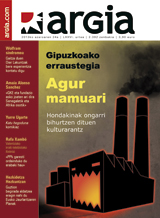


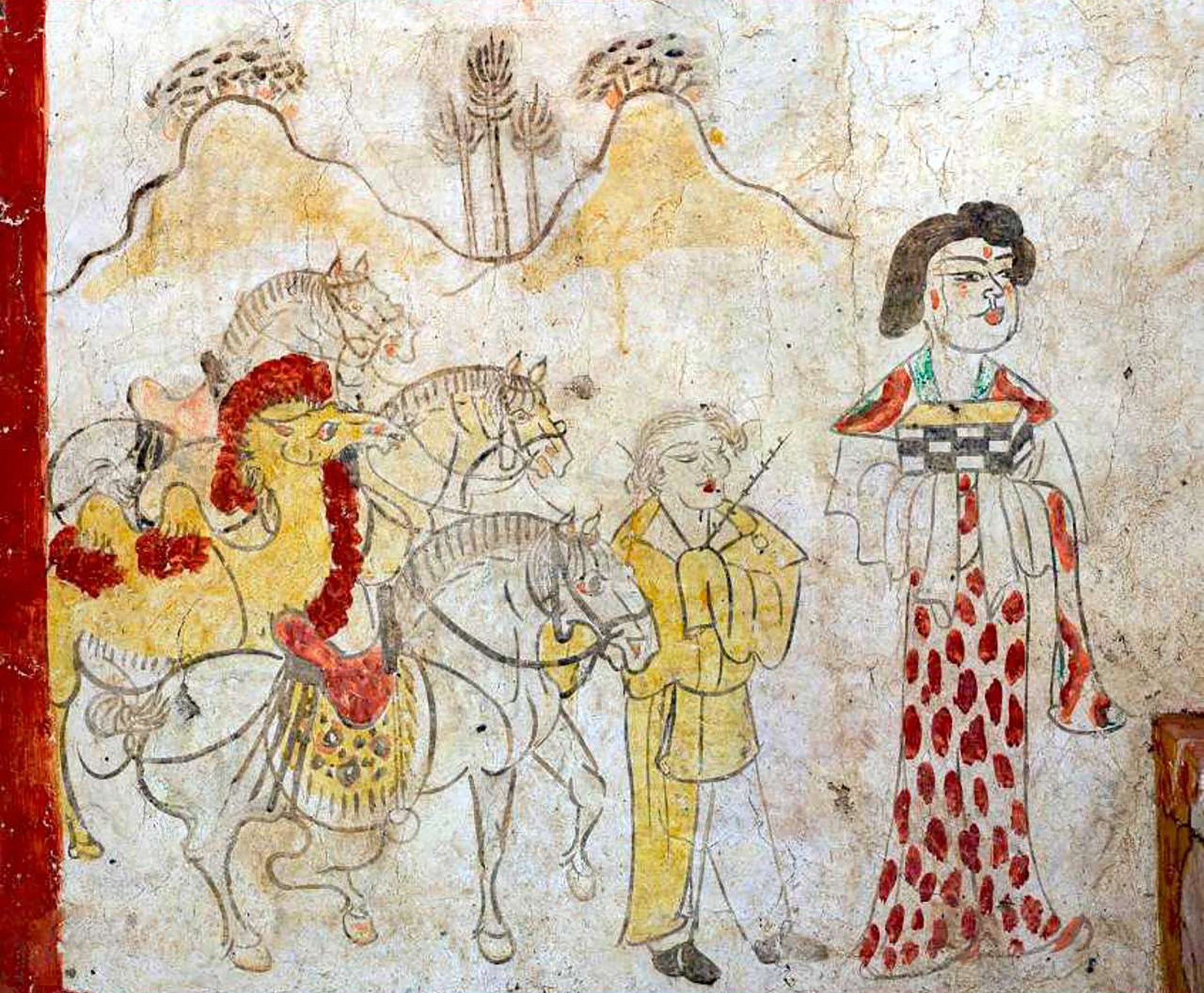

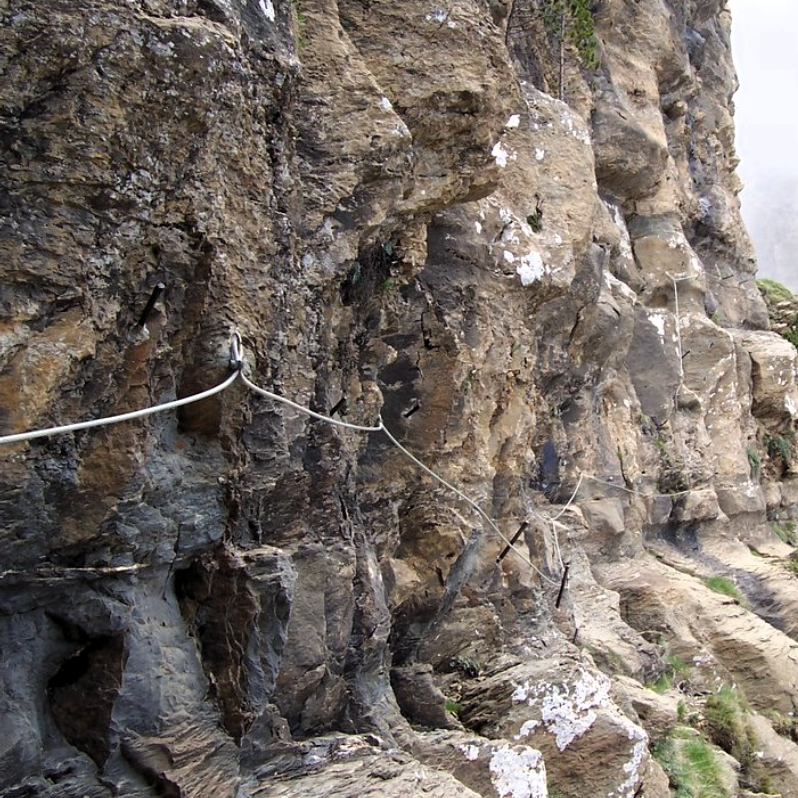
.jpg)




